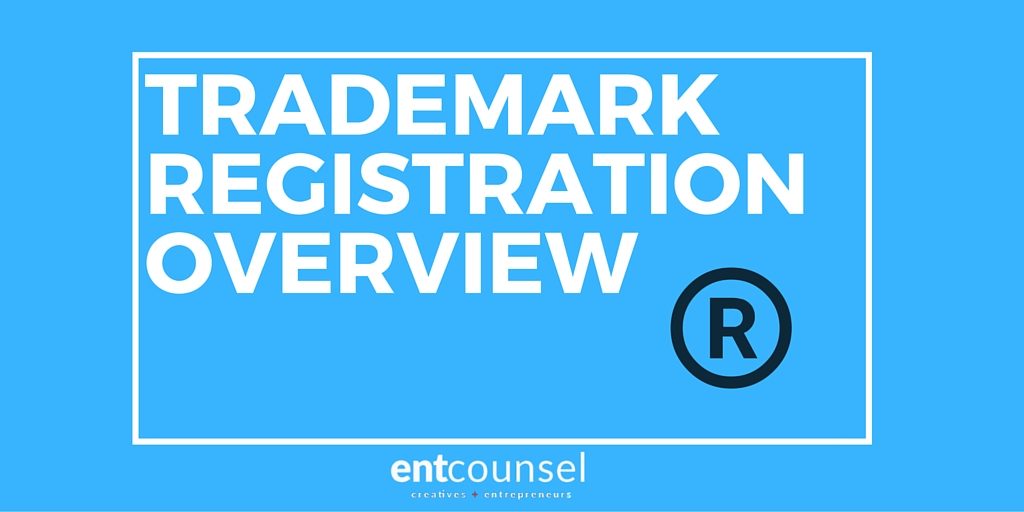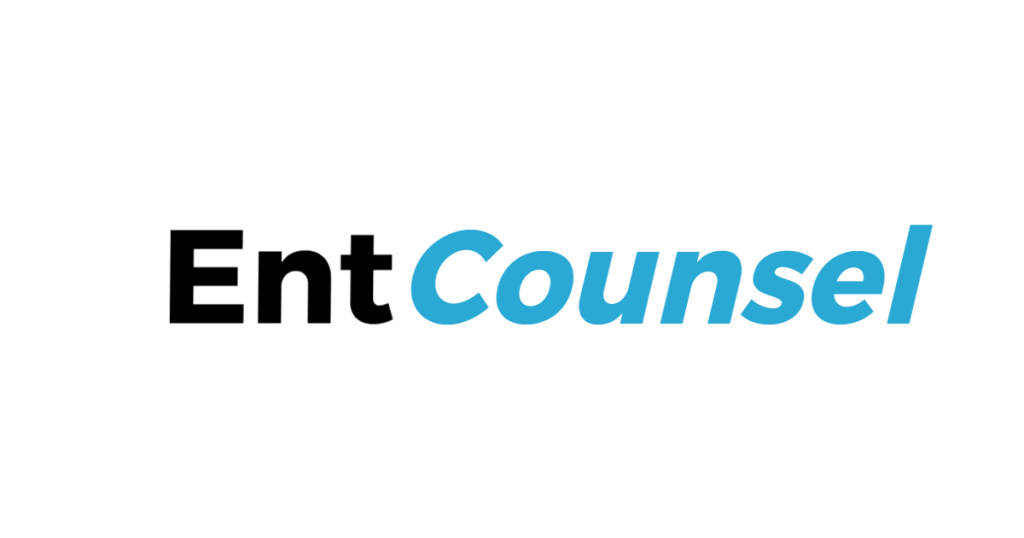Trademark Registration Overview for Startups
Trademark registration process can be pretty straightforward with the right advice on how best to prepare a trade-mark application. A trade-mark is a word (or words) or a design (or combination) used to identify the goods and/or services of a person or organization used to distinguish the goods and/or services from others in the marketplace.
A Canadian trade-mark registration entered in the Register of Trade-marks gives you the exclusive right to use that mark across Canada for 15 years and must be renewed every 15 years. While a trade-mark registration is not mandatory and you can still establish ownership rights under common law, there are advantages to having a trade-mark registration.
How We Can Help You
- Preparation of Trade-mark Application
- Communication with Trade-mark Examiner throughout Trade-mark process until registration
- Trade-mark searches
- Preparation of Trade-mark assignments, renewals, etc.
- Due diligence audits of IP portfolios
Why Use Our Services to Obtain a Trademark Registration?
In addition to being fast and efficient, we have the experience to assist you with preparing a trademark application online (as well as by mail). We will provide you, with a preliminary search of the Canadian trade-marks database as well as a report along key social media platforms such as Facebook, Twitter, Google+ etc. to let you know if your mark is being used by others.
This helps you decide and assess the competitiveness of your mark. In order to get this report, please write “free report” in the subject line of your email and email to [email protected].
Filing a Trademark Application Online & The Trademark Registration Process
We can help you with applying for a Canadian trademark registration and file your trademark application online quickly and efficiently. We assess your company and make sure that you have all your goods and merchandise related to your company covered.
A trademark is a word (or words) or a design (or combination) used to identify the goods and/or services of a person or organization used to distinguish the goods and/or services from others in the marketplace.
A Canadian trademark registration entered in the Register of Trade-marks gives you the exclusive right to use that mark across Canada for 15 years and must be renewed every 15 years. While a trade-mark registration is not mandatory and you can still establish ownership rights under common law, there are advantages to having a trade-mark registration.
Advantages of a Trademark Registration
A trade-mark registration is prima facie (on it’s face) evidence of ownership. With a trade-mark registration, an owner does not have to provide ownership and the onus is on the party seeking to challenge the owner’s trade-mark rights.
A trade-mark registration is prima facie (on it’s face) evidence of ownership. With a trade-mark registration, an owner does not have to provide ownership and the onus is on the party seeking to challenge the owner’s trade-mark rights. You can read the Trade-marks Act, the Trade-Mark Regulations, the Trademarks Examination Manual, the Goods and Services Manual to get more information.
The Trademark application is filed with the Canadian Intellectual Property Office (an agency of Industry Canada) which administers intellectual property in Canada.
A trademark identifies your goods and service apart from other products and services. Consumers generally trust a more familiar trademark that has earned a reputation for quality and reliability. A registered trademark protects your company’s identity and gives you legal title to the name of your intellectual property.
A trademark is one or more combination of words, sounds or designs used in association with goods and/or services used in commerce. They will distinguish your goods and services from others. You can also register a “certification mark” or a “distinguishing guide”.
A trademark registration (one that has been entered in the Register of Trademarks) gives you exclusive right to use that mark across Canada for 15 years and is renewable every 15 years. Registration is not a requirement and by using your mark for a length of time, common law rights are established. However, a trademark registration is advantageous as it is considered by the courts to be prima facie (direct) evidence of your ownership without having to prove it to the court. The onus is on the other party to prove otherwise. If you did not have a trademark registration, the onus is on you to show your common law rights by producing evidence such as bills of sales and receipts to show first use.
Trademarks That Cannot Be Registered
The following marks cannot be registered:
– names and surnames
– clearly descriptive marks
– “deceptively misdescriptive” marks
– words that denote a geographical location commonly known to be the place of origin of such goods or services
– words in other languages
– words or designs that are considered confusing with a previously registered trade-mark or pending trade-mark
– words or designs that nearly resemble a prohibited mark
TradeMarks Registration Steps
Steps for a Trademark Registration
1) Filing trademark application
2) Examination Process
3) Pre-publication search
4) Publication
5) Opposition
6) Allowance and Registration
Trademark Application Fees
We will file a trademark application online as there is a reduced government filing fee of only $250 instead of $300. Our legal fees vary anywhere from $750 to $1000 just to prepare the trademark application alone depending on the complexity of your mark. After the application fees are paid, our fee is $350 per hour to correspond back and forth with the Trademarks Examiner. If there are no issues, you can expect that the entire process may end up costing a couple of thousand dollars or so (but could be more too). There are also government fees payable which are outside of the legal fees.



